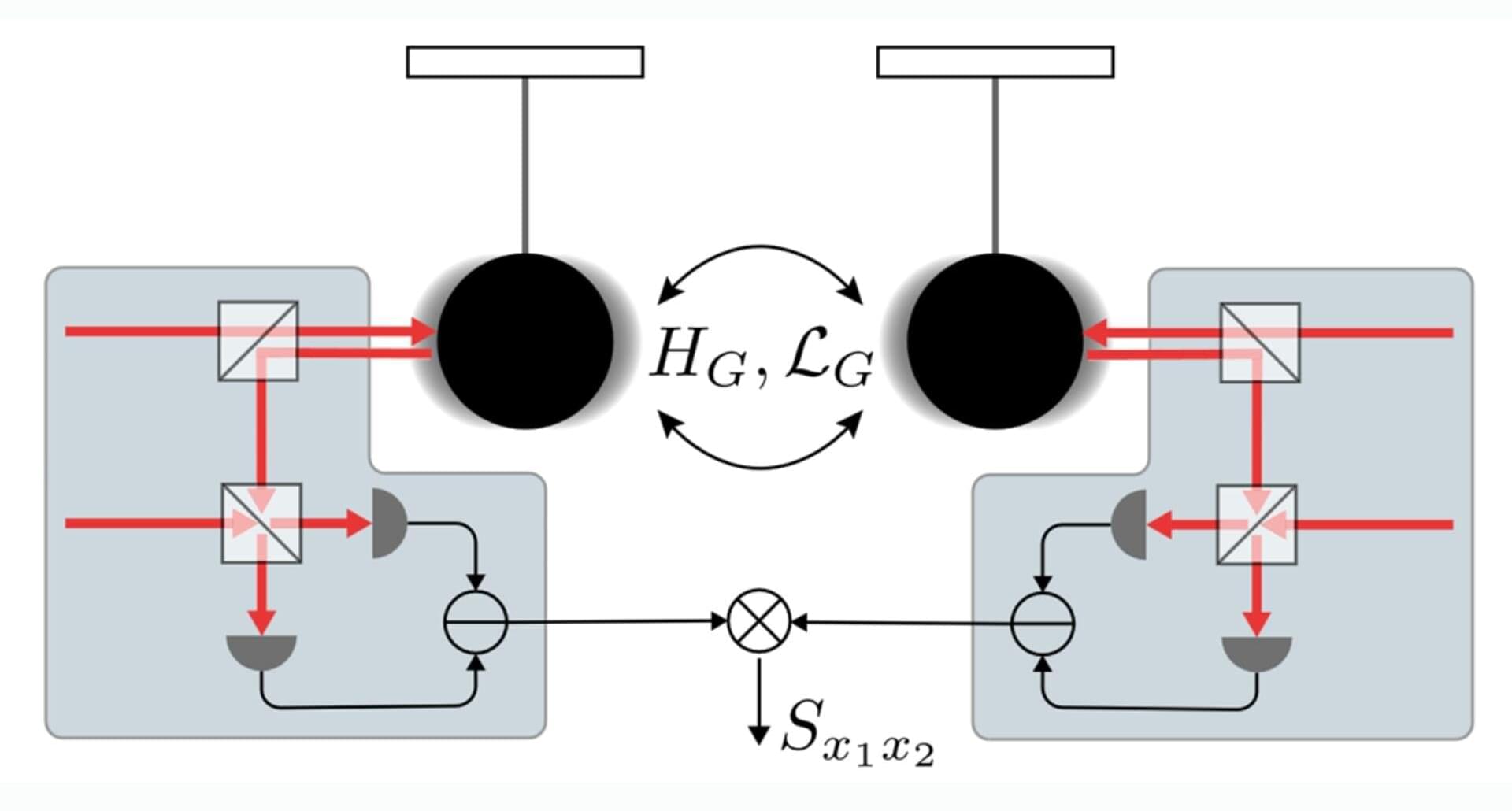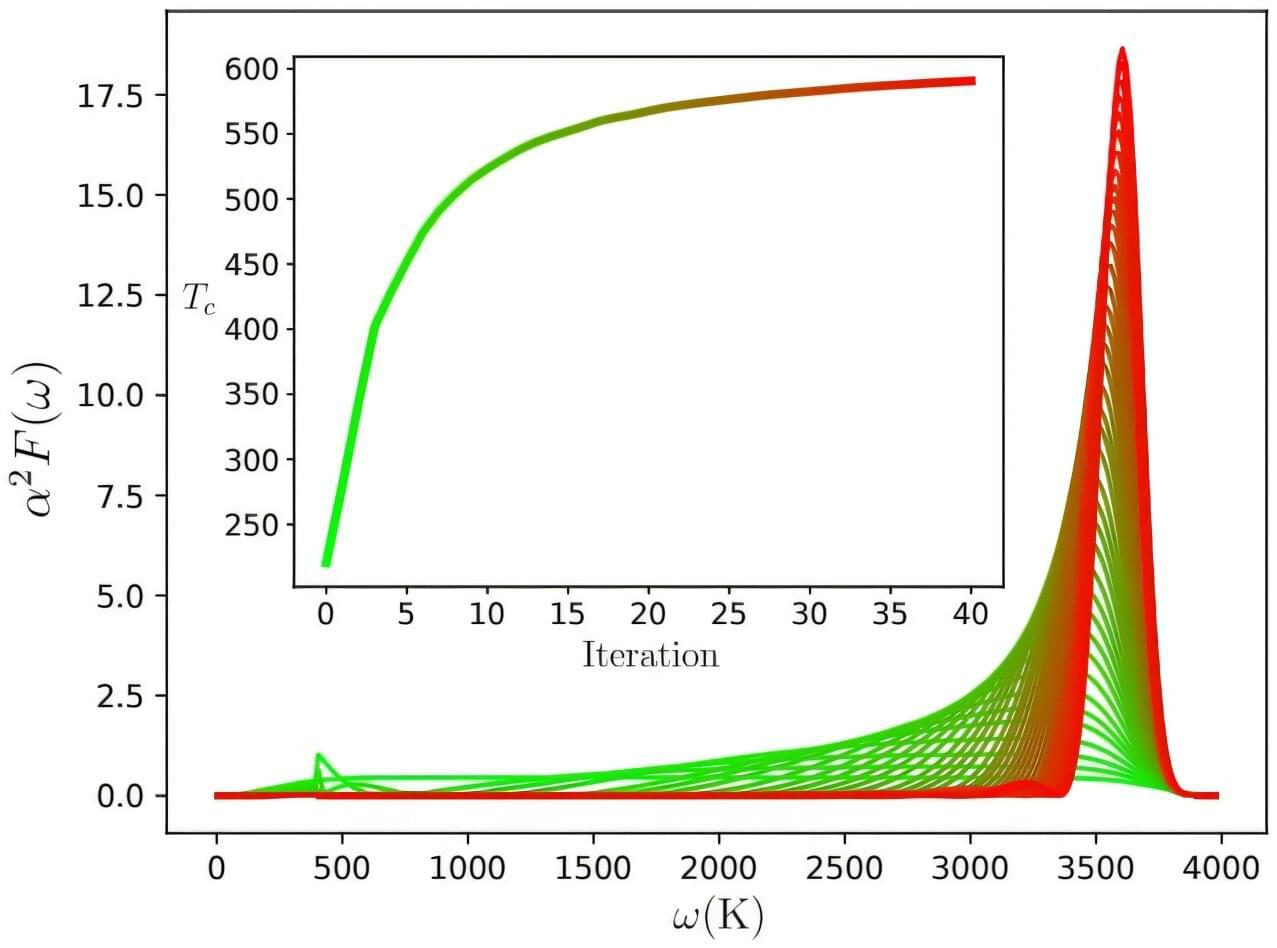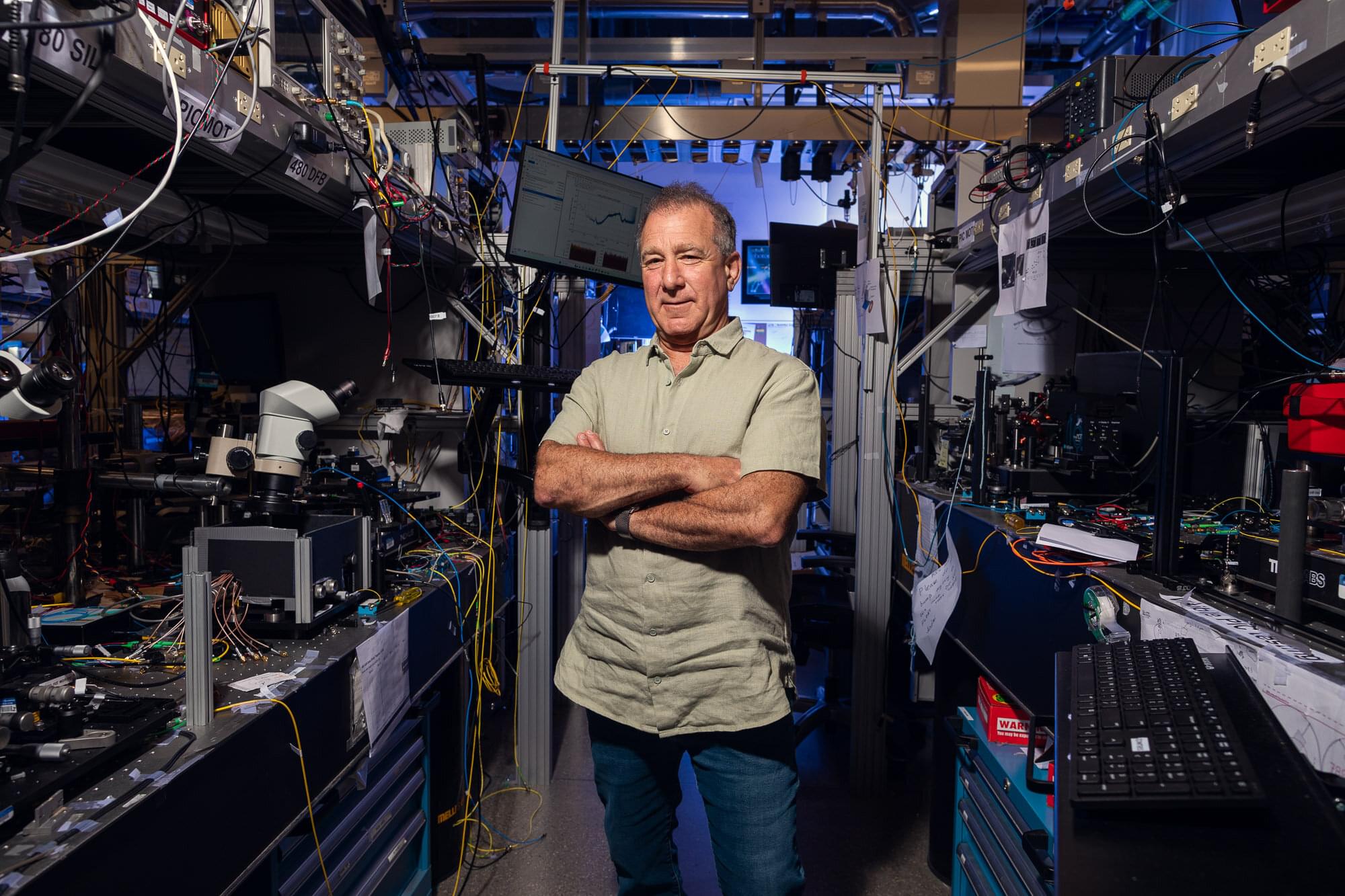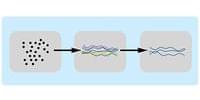“Nanobrain: The Making of an Artificial Brain from a Time Crystal” by Anirban Bandyopadhyay Book Link: https://amzn.to/3QQ4s44
The hosts discuss the book “Nanobrain” by Anirban Bandyopadhyay, an in-depth exploration of a nanobrain, an artificial brain built on the principles of fractal geometry and prime numbers, which claims to mimic human thought. It introduces Prime Phase Metric (PPM) which expands time crystals from natural events, and Geometric Musical Language (GML) which assigns fifteen primes to letters, similar to the English alphabet, and how the combination is consciousness-centric. The document contrasts this artificial brain’s functioning with traditional Turing machines and quantum computing, emphasizing its unique approach to data processing and decision-making and self-learning, and discusses its potential limitations and advantages. It investigates the use of time crystals, dynamic geometric shapes, and fractal mechanics, and the role that they may have in memory and learning in this new computer. Finally, the work explores the philosophical implications of such a machine, including its potential for achieving consciousness and the idea of recreating nature through a non-computational paradigm, such as modeling a new type of robot.
#ArtificialIntelligence #AIRevolution #Nanobrain #TimeCrystals #QuantumAI #FutureofAI #AIBreakthrough #NextGenAI #TechTrends #AIHardware #NaturalAI #NoCodeAI #SelfLearningAI #AIAAlternative #BrainAI #NewMachine #FutureMachine #AdvancedAI #InformationReality #PhysicsMetaphysics #NatureOfReality #QuantumInformation #BiologicalInformation #PhilosophyOfScience #ScienceAndTheology #CosmicInformation #OriginOfLife #UltimateReality #MeaningOfInformation #ComplexSystems #HistoryOfScience #Interdisciplinary #SciencePhilosophy #deepdive #skeptic #podcast #synopsis #books #bookreview #ai #artificialintelligence #booktube #aigenerated #history #alternativehistory #aideepdive #ancientmysteries #hiddenhistory #futurism #videoessay #primenumber







